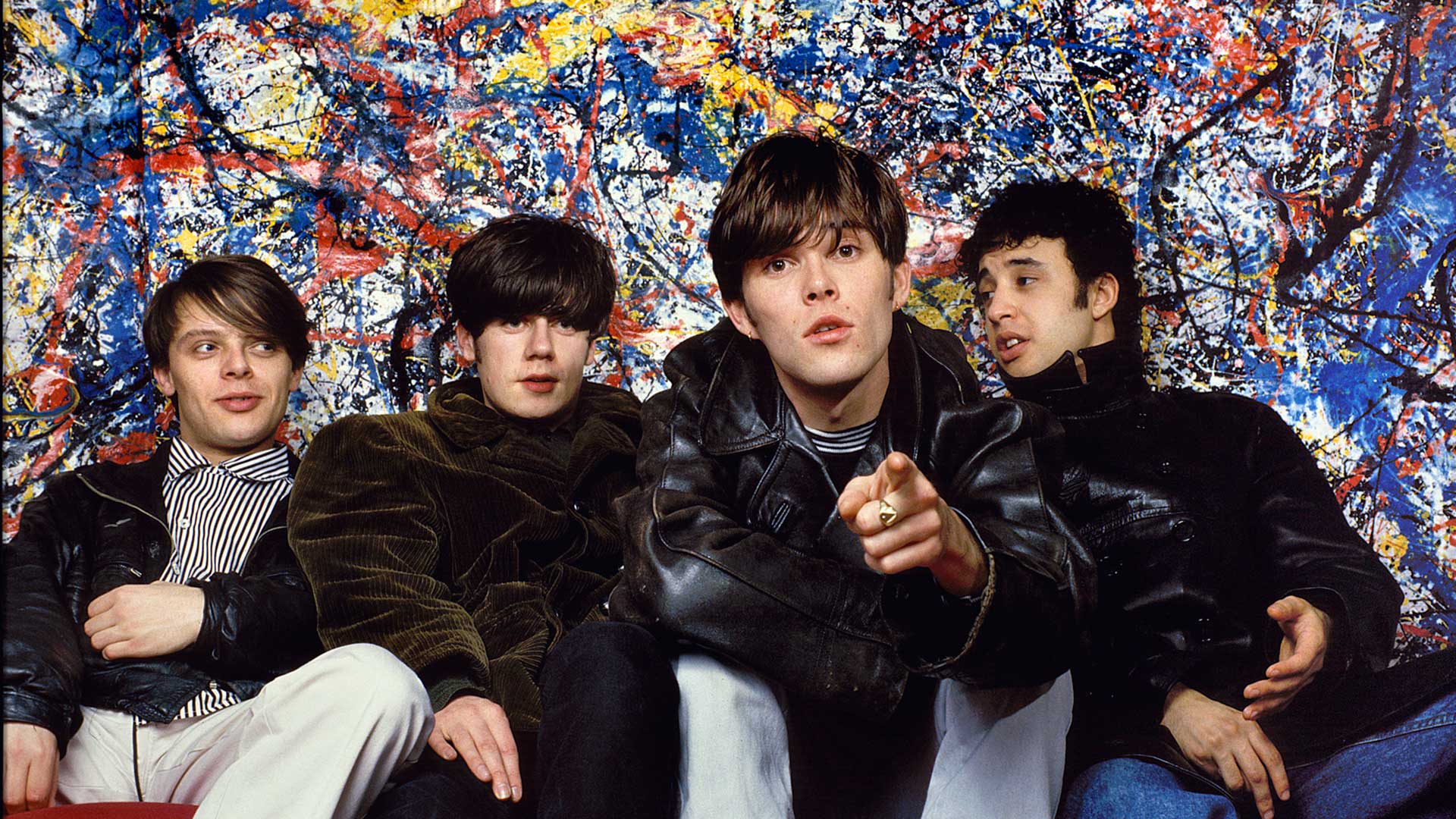Can you turn an iPad up to 11? Legendary NME photographer Kevin Cummins is certainly trying. He flicks through some of the breathtaking shots he has taken of Manchester’s most famous bands over the last 30 years, incongruously sipping a glass of fizzy water.
First up are The Smiths, then Joy Division, the Happy Mondays and the Stone Roses – all of them images that will be familiar to any music fan. “I always want to shoot the best picture of a band that has ever been taken,” he says. “That’s always been my challenge.”
As the Roses are returning for a world tour this summer, Cummins has decided it’s time to bring out the old slides. Publishers had been on the phone asking him to put together a book, but in true indie fashion, the star-snapper didn’t want to sell out. “That felt like it was cashing in,” he says.
Instead he got involved with an exhibition featuring famous images of the Stone Roses taken by himself and fellow snappers Ian Tilton and Paul Slattery, which tell the story of the band’s evolution from young urchins to all-conquering rock heroes. In the early shots, taken when the band were unsigned, singer Ian Brown has his hair slicked back, looking more like a street-fighter than the mystical monkey man he later became. John Squire resembles a goth computer programmer on his day off more than a guitar god to a generation.
Then, only a few months after these early shoots, Cummins captured one of their early gigs in Liverpool, taking a barnstorming shot of Brown in full swing, his microphone pointing skywards whilst he yelled at the crowd. Moptops in place and with sun-sized fire in their bellies, The Stones Roses had arrived.
I wanted to take a picture that would become the picture that defined the band
“You could tell they had a presence because Ian was such a great frontman,” he recalls. “But you can never tell how big a band is going to be. When Ian Curtis died, it only warranted a paragraph on page eight of the Manchester Evening News. Everybody had this idea they were massive at the time, but outside of London and Manchester, you could go to see them at a gig with just 100 people.”









